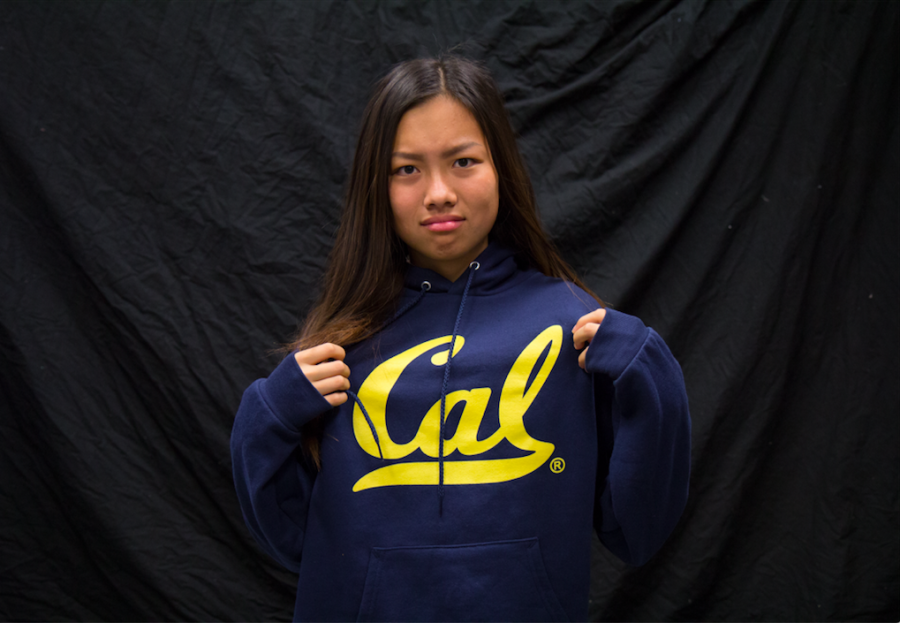Unjust race driven admissions
November 2, 2017
I recall sitting in my living room as a sixth grader, listening to my concerned parents engaging in a rather vehement discussion about affirmative action as I mindlessly played Flappy Bird. Back then, with the prospect of college applications still six years away, I regarded the topic of affirmative action as negligible. As I entered high school and saw the seniors around me stressing over college applications, however, I felt the matter becoming more relevant to me.
Affirmative action, a policy many colleges and universities use during their admission processes, favors minorities who suffer or have historically suffered from discrimination. These schools claim that affirmative action is employed in order to create a more balanced and diverse student body, however, the public has began to perceive the policy as discriminatory. As more universities have been accused of taking race into consideration while reviewing applications, controversy has arisen, warranting further inspection.
The Department of Justice (DOJ) claims that it is actively investigating into the “intentional race-based discrimination in college and university admission,” focusing on Harvard University. For three years, Harvard has been engaged in a lawsuit regarding whether the university practices racial prejudice in its application process. As awareness about the lawsuit has spread, rumors have emerged that affirmative action discriminates against Asian Americans in particular.
Upon hearing this, I wasn’t very surprised. I’ve heard about some part-white, part-Asian students in our community marking themselves “white” on standardized state tests because their parents instruct them to do so in order to avoid being at a disadvantage for being Asian when they apply for colleges.
As an Asian American attending Lynbrook, I have heard students negatively talking about non-Asian students who have been accepted into prestigious colleges or universities. They assert that their race gave them an advantage with dismissive remarks such as “they probably got accepted because they’re X race” or “if they were Asian and had those stats, they wouldn’t have gotten in.” Students perceive their acceptance as a result of their race rather than their hard work, undermining the abilities of non-Asian students who get accepted into renowned schools. Although affirmative action was originally intended to serve as the foundation for more diverse freshman classes, its implementation just might be stigmatizing the admission of some students into highly reputable colleges and universities.
Affirmative action also serves as a disadvantage for minorities who don’t benefit from the mandate, deemed “reverse discrimination.” Minorities may have less of a shot at acceptance into schools because of the race-conscious admission process. On the contrary, affirmative action may act as a discriminatory force against whites, as admission spots previously open to them may be set aside for the “disadvantaged” or minority students.
Thankfully, as a sophomore, I won’t be undergoing the nightmare that is college applications just yet, but when the time comes for me to begin applying to colleges, I hope that universities will have approached affirmative action with more scrutiny and continue their investigation of its role in the perpetually changing U.S. education system.




























































